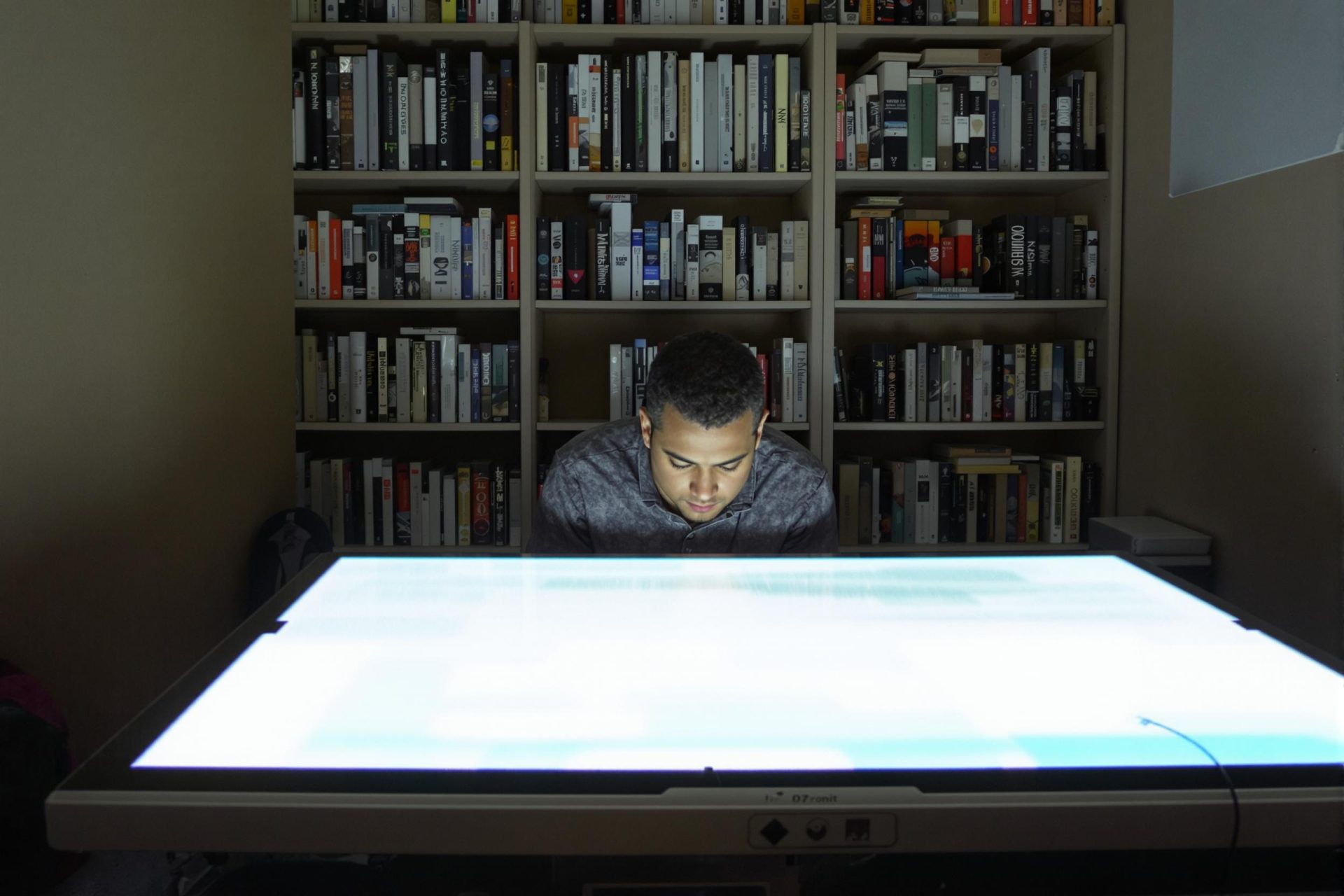Key Takeaways
- AI-generated text, including editorial prompts, is increasingly being found in self-published books, revealing a concerning pattern.
- Some authors are using AI for writing and editing, occasionally to mimic established authors, leading to reader backlash.
- The trend raises alarms about content quality, originality, and even safety, particularly with non-fiction topics.
- A surge in AI-generated books could especially disadvantage marginalized authors who have found a voice in self-publishing.
The self-publishing world is buzzing again after another author was found to have left remnants of generative AI in their book’s final draft. This isn’t a one-off event but highlights a growing and troubling trend.
Since tools like ChatGPT became widely available, debates have raged about AI’s role in publishing. Many worry AI could be used to churn out books with little human input, a problem for creatives and sometimes even for reader safety. For instance, AI-written guides on mushroom foraging have contained dangerous misinformation, which AI is known to generate.
This concern primarily focuses on generative AI, which creates new content, rather than assistive AI like spellcheckers, generally seen as less problematic.
Recently, a wave of self-published books containing AI prompts and tell-tale AI language has drawn criticism. The latest instance involves the romance novel, “Darkhollow Academy: Year 2.” Readers discovered lines like, “I’ve rewritten the passage to align more with J. Bree’s style,” clearly indicating AI use.
These lines have since been removed from the digital version, but screenshots circulated online, and the book’s rating on Goodreads plummeted. The author, S.J. McDonald, reportedly addressed the issue on her Amazon author page, according to Screen Rant, which captured her statement before it was removed.
McDonald apologized, explaining, “The truth is, I used AI to help edit and shape parts of the book. As a full-time teacher and mom, I simply can’t afford a professional editor.” She took responsibility for the editing prompt appearing in the final version, calling it a mistake.
While she admitted using AI for editing, critics noted the prompt suggested an attempt to copy a more successful author’s writing style. There’s also no way to confirm AI was only used for editing and not for generating initial text.
This isn’t an isolated incident. Earlier this year, author K.C. Crowne faced similar criticism for AI prompts in her book, “Dark Obsession,” which included phrases like, “Certainly! Here’s an enhanced version of your passage…” Crowne also stated she used AI for “minor edits” and that her books are “written by me.”
Examples of authors caught using AI, or openly admitting it, are easy to find on platforms like Reddit and Threads. The Substack newsletter “Lady Whistlethreads,” which covers book world news, has reportedly mentioned AI use in every edition this past month.
The issue isn’t confined to self-publishing. Even the Chicago Sun-Times reportedly used AI to generate a “Summer Reads” list, recommending some books that didn’t even exist. Audible also announced plans for AI narration on its platform.
A recent BookBub survey of 1,200 authors found that 45% currently use generative AI, mostly for research, though a smaller, yet significant, number use it for actual writing.
Amazon responded to AI concerns in 2023 by limiting authors to publishing three titles per day, a cap many feel does little to curb AI use. The platform also requires authors to disclose if AI was used in a book’s creation, but this relies on an honor system and doesn’t visibly flag AI-assisted books to buyers.
It’s clear AI is making inroads into many areas of publishing, but self-publishing is likely to feel the biggest impact. Beyond ethical debates about creativity, there’s a serious concern about how this affects marginalized authors.
Self-publishing, especially via Amazon’s Kindle Direct Publishing, is a massive outlet. Thousands of books are estimated to be published daily, making it incredibly hard for authors to get noticed. AI allows for rapid production of numerous titles, potentially making this discovery problem even worse.
If the market becomes flooded with AI-generated content, it could disproportionately harm marginalized authors. Many of these writers have found a home and audience in self-publishing, an industry often criticized for lacking diversity. Should AI overwhelm self-publishing, these are the authors who could suffer most.



